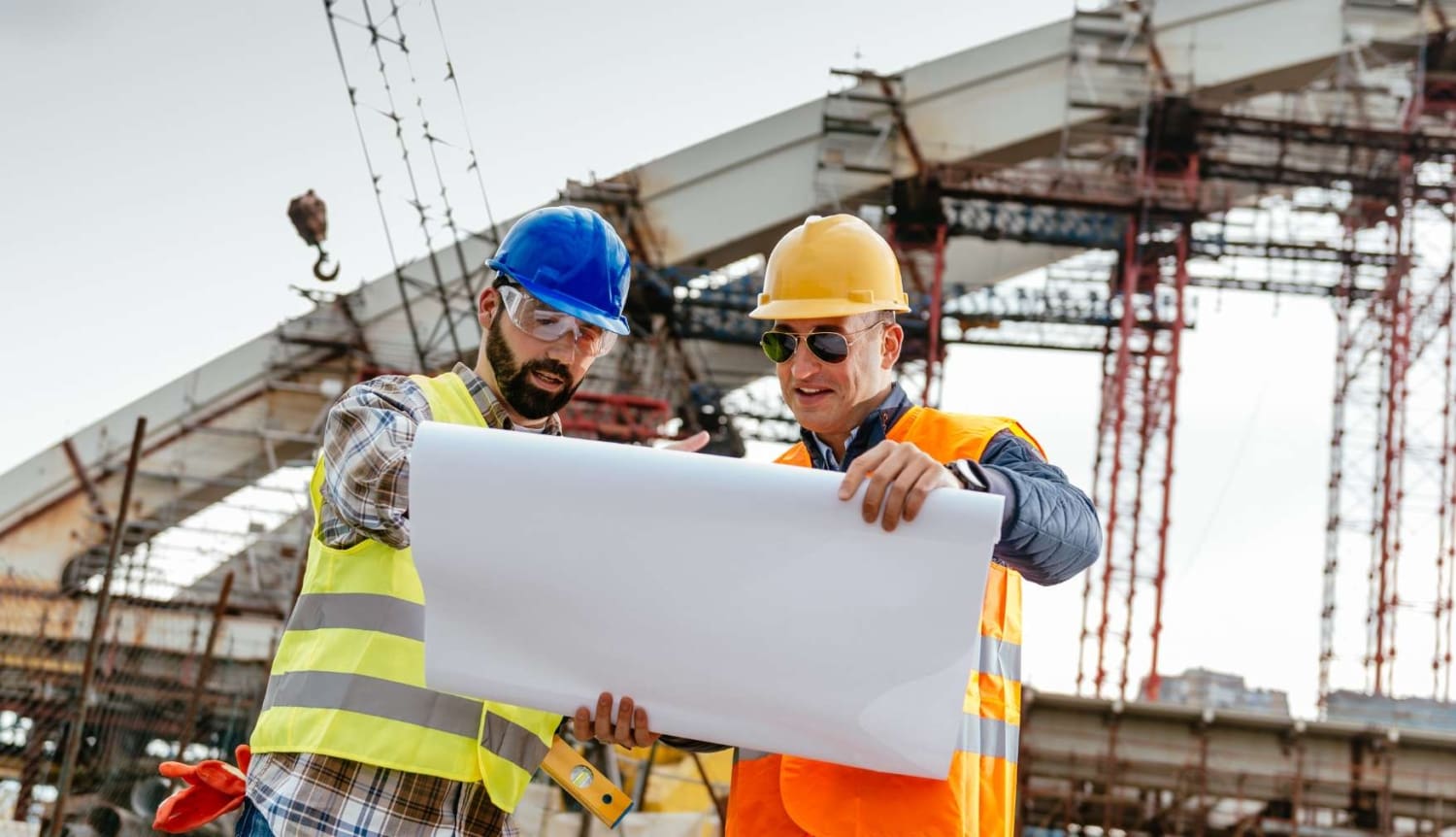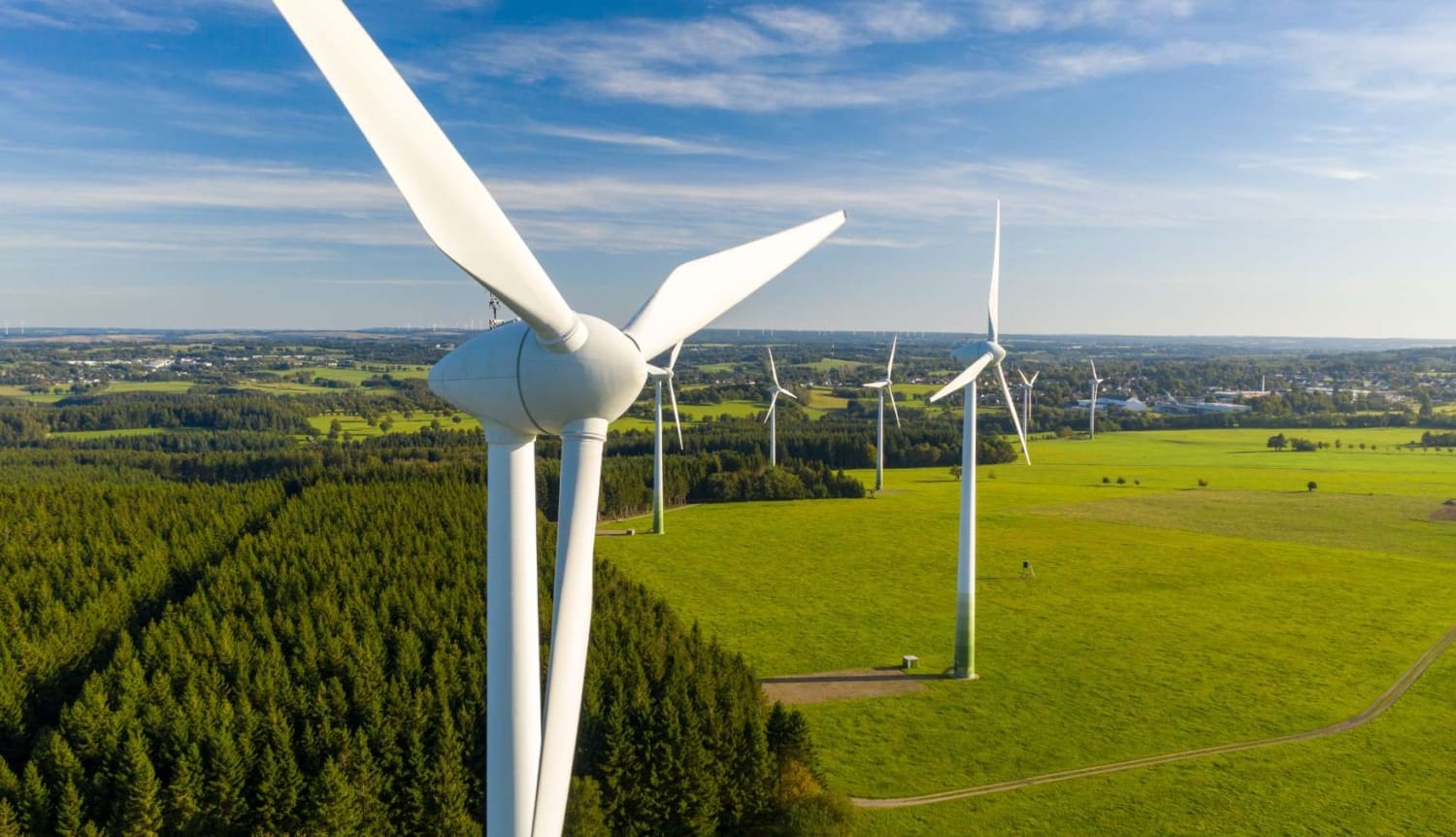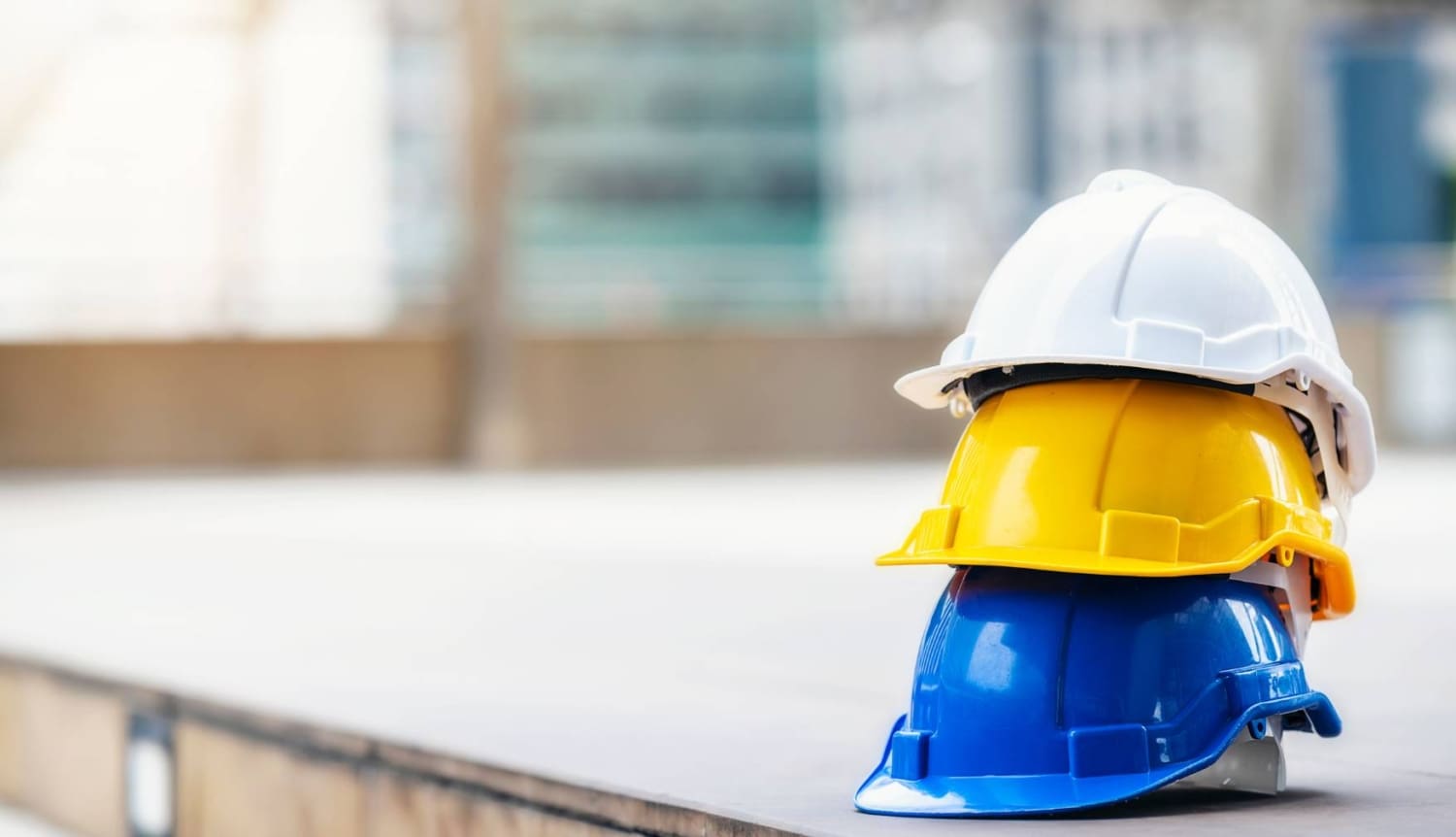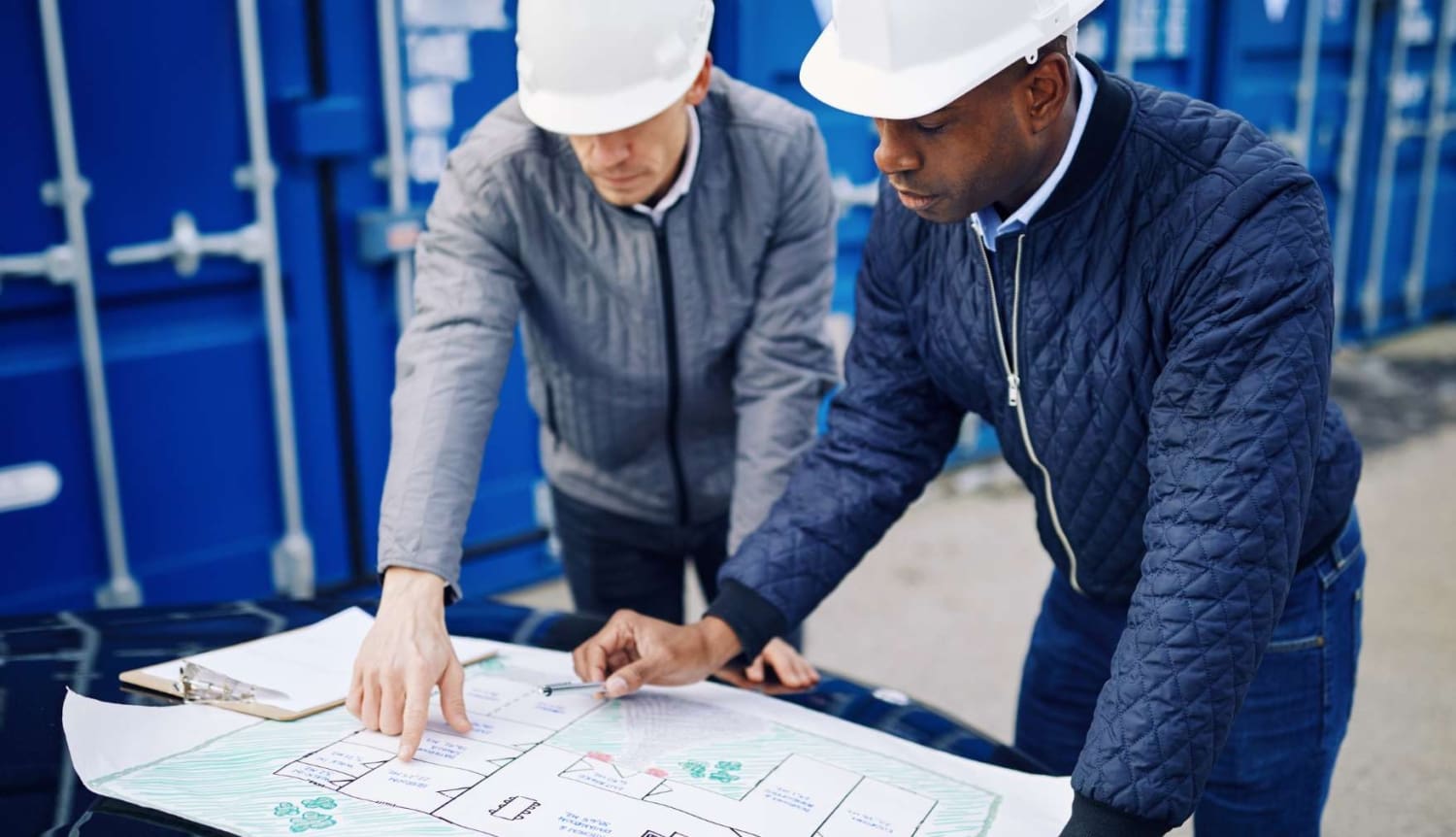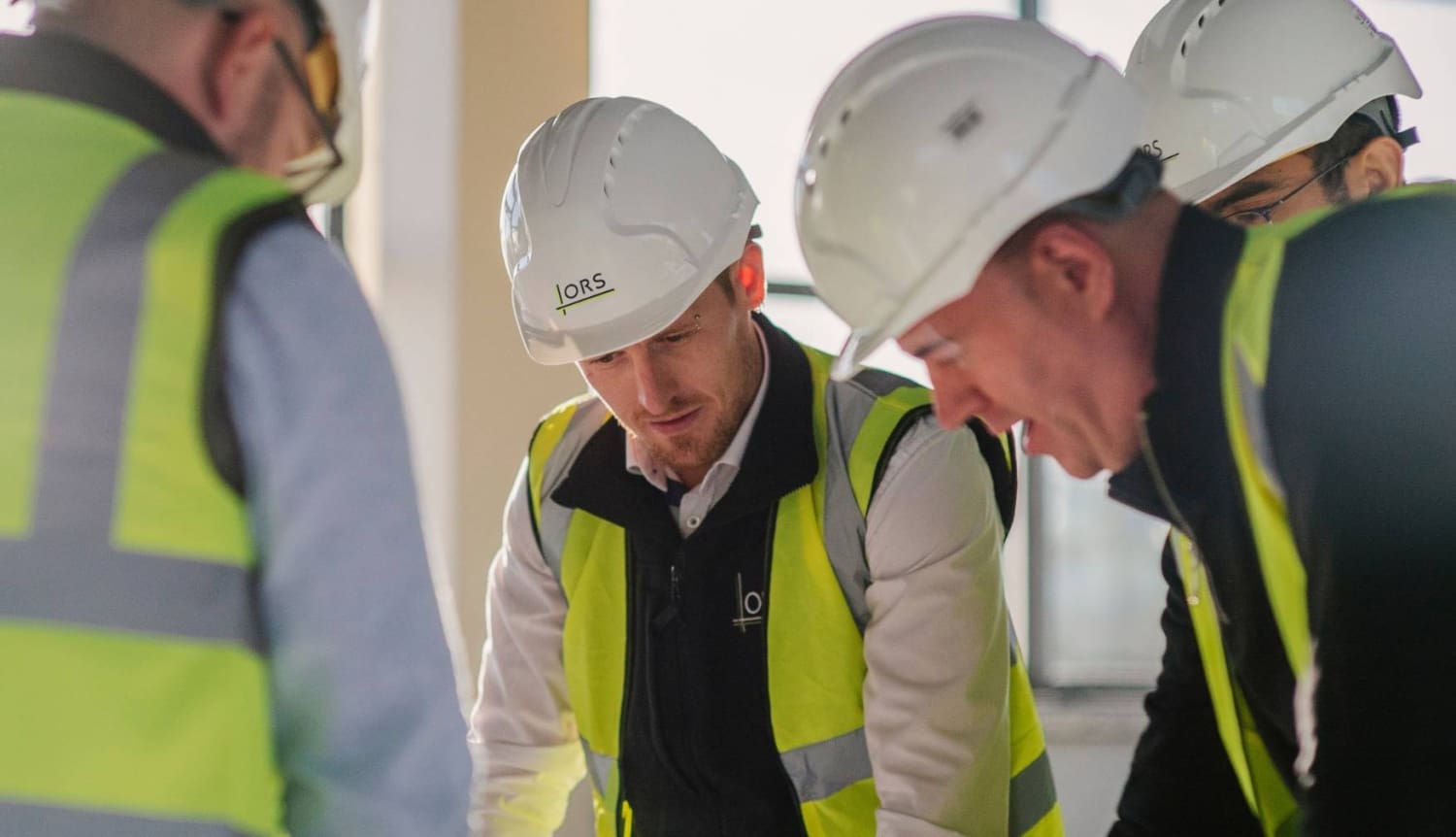As energy users become more energy-efficient and reduce energy demand, the next steps in mitigating reliance on fossil fuels are identifying and implementing appropriate and site-specific renewable energy technologies. Renewable energy technologies allow homeowners, SMEs, public-owned buildings, and large industrial plants and public sector organisations to generate electricity, consume it onsite, improve self-sufficiency, and reduce
Read More
What is Latent Defects Insurance (LDI)? Latent Defects Insurance (LDI) is a form of insurance that provides cover to new-build premises in the event of an inherent defect in the design, workmanship or materials which may become apparent in the structure or waterproofing envelope of a building after practical completion, resulting in physical loss or
Read More
Renewable Energy Projects in Ireland: RESS 1 and Construction Growth The RESS 1 is the first component of the Renewable Electricity Support Scheme by the Irish Government and is a central element to the Governments Climate Action Plan. According to Eirgrid, 82 projects have been deemed successful in the recent RESS 1 Auction. This equates
Read More
Environmental compliance monitoring is a legal necessity. It is part of corporate accountability and an efficient and effective way to avoid unnecessary loss of resources. Environmental compliance management ensures that: Compliance tasks are completed on time and assigned to competent professionals. Data is refined and uploaded correctly. Nothing is overlooked from a legislative and compliance
Read More
In the event of an emergency, emergency lighting is the first line of escape. This is part of an active fire prevention system and is installed throughout all building types as part of the safety provisions of a building. The emergency lighting system is an integral part of the overall design of a building to
Read More
Cracking is a relatively common feature in all buildings, regardless of age or form of construction. Types and severity of cracking vary widely from cracking in non-structural finishes due to drying and shrinkage of material up to more severe forms which have a destabilising effect on the building structure. This article focuses on cracking which
Read More
Construction is often regarded as a high hazard industry, with inherent risks and a poorer safety record than other sectors. There can be a long list of construction site hazards, depending on the project type, project stage, construction techniques and safety management system. However, with good design, planning, management and hazard awareness, construction can improve
Read More
Employers have long adopted hybrid working. It goes beyond remote working, which was implemented without warning or preparation for many businesses in 2020. In simple terms, it involves an arrangement for people, teams or organisations to work at multiple locations – in the office or remotely. In a post Covid-19 world, a multiple location work
Read More
Active travel is travelling with a purpose – walking as part of a commute to work, cycling to the shop or scooting to school are all considered active travel, whereas walking or cycling for purely leisure purposes are not. Active travel will play an important role in diversifying the transport modal share in Ireland. This
Read More

